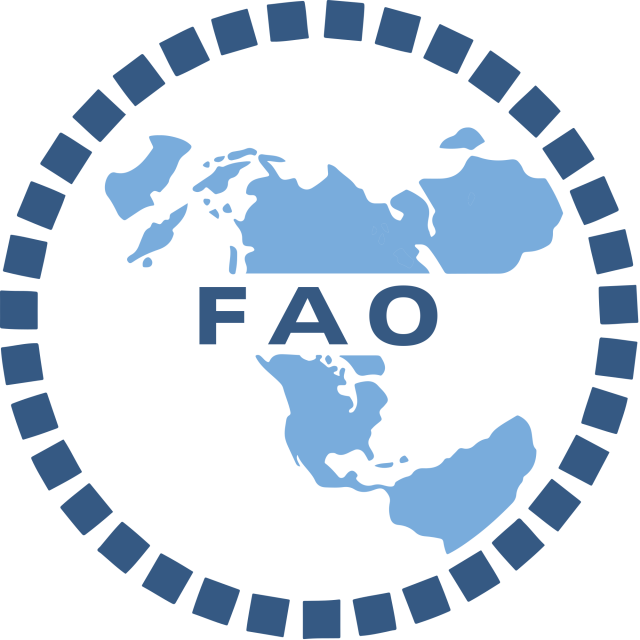Committee Overview
The Food and Agriculture Organization (FAO) works to eliminate hunger, reduce poverty, and manage natural resources sustainably to ensure food security for all people. FAO provides tools, training, and legal advice, and promotes sustainable practices to help countries manage agriculture, forestry, and fisheries more effectively. The organization focuses on five strategic goals: ending hunger, making agriculture more sustainable, reducing rural poverty, improving food systems, and increasing resilience to threats. The FAO also aims to raise the standard of living in rural populations and contribute to the global economy. FAO also gathers data on food production and consumption, which helps with early warning systems and emergency responses. By partnering with governments, the private sector, and civil society groups, FAO works to tackle these global challenges.
Topic A: Preserving Agricultural Heritage
Agricultural heritage is traditional knowledge passed down through generations. This knowledge comes from farmers, herders, fishers, and forest communities. It helps people take care of the land, protect nature, and support local ways of life. Many small farmers use special planting methods that match their local climate, soil, and food needs. These farms help sustain communities with both food and a reliable income. However, as farming becomes increasingly industrial, agricultural heritage is at risk. Large-scale farming can harm the environment and cause people to lose their cultural traditions. Additionally, both climate change and natural resource extraction are changing the land in many areas. In response, the Food and Agriculture Organization (FAO) started a program called the “Global Partnership Initiative on conserving Globally Important Agricultural Heritage Systems” (GIAHS). This program works to find and protect important farming systems around the world. Since 2002, the FAO has recognized 89 special farming systems in 28 countries. The GIAHS program helps keep farming systems strong, diverse, and able to adapt to change. Protecting agricultural heritage also supports important global goals, like ending hunger (SDG 2), using resources wisely (SDG 12), and protecting life on land (SDG 15).
Topic B: Building Resilient Food Systems
Currently, more than 800 million people around the world are hungry, yet one-third of food grown is wasted or lost. Global food production and distribution systems face many challenges, such as wars, extreme weather caused by climate change, natural disasters, loss of biodiversity, economic problems, and damaged land. These issues make some food systems weak and vulnerable. At the same time, inequalities and unsustainable food production or distribution practices make such problems worse. Delegates should consider how to respond to current and future food crises. Countries can build food systems which recover, adapt, and grow during tough times. Possible solutions include investing in rural infrastructure, using new farming technologies, growing specific crops that can survive droughts, and creating local systems which recycle resources. Delegates should also explore how countries can work together to make food systems more inclusive, adaptable, and sustainable. Only then can the FAO (Food and Agriculture Organization) make sure that everyone has access to safe and nutritious food.

